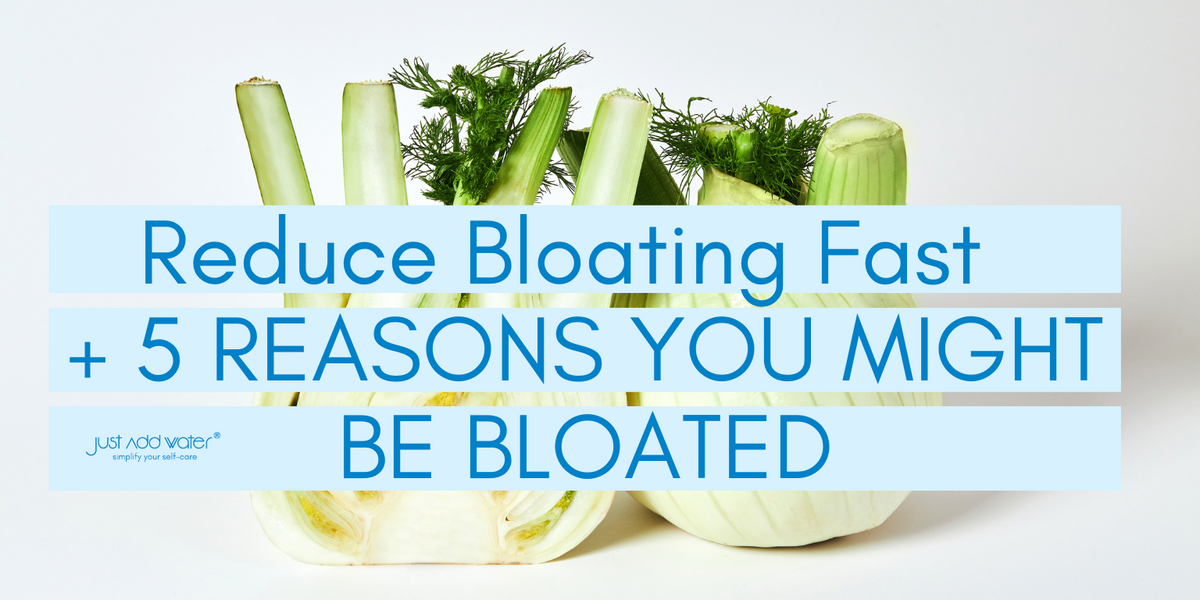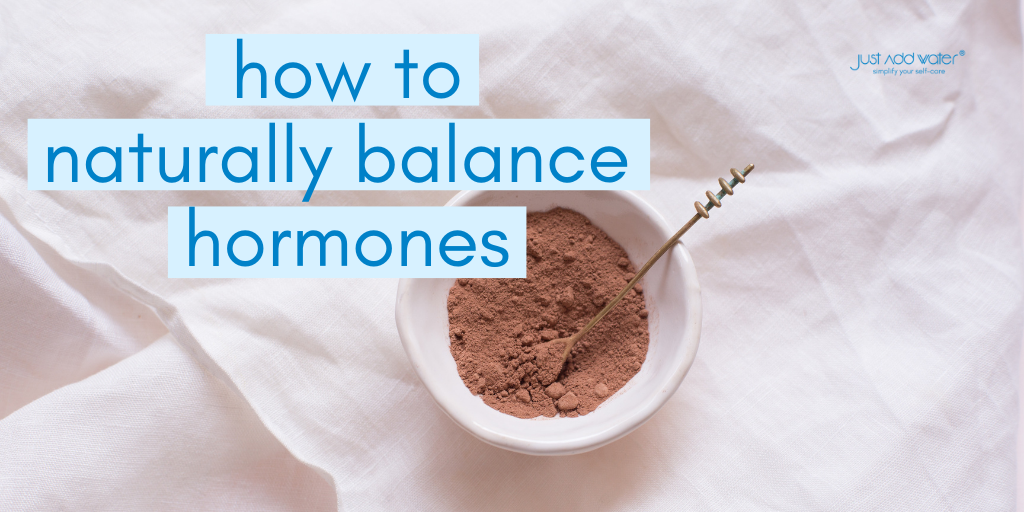Nourish Your Mind - Mental Health & Diet
Don’t forget! This is the year we are working on our WHOLE selves. On our overall wellness. Our bodies give us signs when we ignore both our physical and mental health. Sometimes they are obvious, sometimes we need a little guidance to understand what is missing. Below is a deep dive into mental health- check in!
What is considered mental health? Mental health includes our emotional, psychological, and social well-being. It affects how we think, feel, and act as we cope with life. It also helps determine how we handle stress, relate to others, and the decisions we make. It is determined by biological factors, life experiences, the food you eat, your lifestyle choices, gut health, hormonal balance, or family history. Learning about nourishing our mental health has been a massive mission since 2020.
"Your mind is the source of everything. If we don't deal with the mind, it leads to people dying younger than they should." - Dr. Caroline Leaf
In the past, depression has been treated as a sort of neural-biological disorder or disease. Now we know, that depression stems from the mind, from your experiences. It is a response, not an illness. Depression and other mental health issues are symptoms of underlying issues. You don't have to take on depression as your identity. Have you heard about neural plasticity, or neuroplasticity? Your identity can get stuck as a toxic label, and that will affect your functionality, your ability to make decisions, and impact your whole lifestyle.

Here are five signs that your mental health may need some love and how to nourish it!
- Anger / worry / irritability / impatience / burnout / depression
- Restlessness/ inability to fall or stay asleep
- Overeating / under-eating / noticeable appetite changes
- Regularly isolating by choice
- Losing interest in things you used to care about.
Dealing with Anxiety
If you're suffering from anxiety, you may feel consumed by fears that seem irrational to others. It can feel hard to relate to, and thus difficult to know how to help explain or help address. Anxiety disorder is the most common mental health condition in the United States, affecting up to 18% of the population.
Your anxiety could be a sign of unhealthy lifestyle choices, you're burnt out and stressed seeking unattainable perfection, you're suppressing true emotions, have unresolved trauma, medical condition or side effects from medication, being a human being with hopes, fears, desires, and goals.
Some of the physical symptoms of anxiety include:
- Lightheadedness
- Sweating
- Nausea
- Feeling edgy and/or restless
- Shortness of breath
- Getting easily fatigued
Anxious Thoughts
People with anxiety often have thought patterns such as:
- Believing the worst will happen
- Persistent worry
- All-or-nothing thinking
- Overgeneralizing (making overall assumptions based on a single event)
Anxious Behaviors
Likely what you’ll notice most is your loved one’s behaviors. Common anxiety behaviors include:
- Avoidance of feared situations or events
- Seeking reassurance
- Second-guessing
- Irritability and frustration in feared situations
- Compulsive actions

DIET + MENTAL HEALTH
Most of your serotonin is produced in the gut! If your microbiome is full of bad organisms (feeding on sugar from processed foods, fried food, and high fat dairy) then it is going to send unhealthy signals to your brain. Sticking to whole foods and having a high-quality probiotic / prebiotic supplement, like Just Add Water, can help to re-balanace your gut and improve your mental health.
Focus on these foods :
These nutrients and foods help with focus, serotonin production, decrease symptoms of depression and anxiety in many cases, and help balance mood!
- fruits and vegetables
- foods rich in omega-3 fatty acids
- dark green leafy vegetables in particular are brain protective
- nuts, seeds and legumes, such as beans and lentils
- Just Add Water is rich in essential nutrients like antioxidants, vitamins, minerals, protein, and essential fatty acids for brain health
What foods are bad for mental health?
If you eat lots of processed meat, fried food, refined cereals, candy, pastries, and high-fat dairy products, you're more likely to be anxious and depressed. A diet full of whole fiber-rich grains, fruits, vegetables, and fish can help keep you on a more even keel.

Mental health stigma can create a barrier for those who need help the most. Mental disorders are common; more than half of all Americans will be diagnosed with one at some time in their life. Mental health disorders can be occasional or long lasting and can affect your ability to relate to others and function each day. When the demands placed on a person exceed their resources and coping abilities, their mental health could be impacted. None of this means that you’re broken or that you, or your family, did something “wrong.” Mental health is no one’s fault.
It can take courage to face your problems in a new way, especially if seeking help wasn’t modeled in your family. But no matter what your mental health obstacles might be, help is available — and it's OK to seek it.
Leave a comment
Comments will be approved before showing up.
Also in Wellness & Nutrition

Reduce Bloating Fast + 5 REASONS YOU MIGHT BE BLOATED

Healing Cellular Damage With Antioxidant Power

HOW TO NATURALLY BALANCE YOUR HORMONES
In this blog, we’re going to define hormonal imbalance, identify the symptoms, and discover the natural options to bring your body back into flow! A nutritious diet and other healthy lifestyle habits may help improve your hormonal health and allow you to feel and perform at your best.



